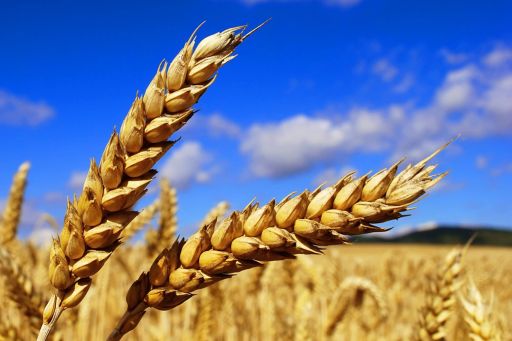Wheat Based Consumer Foods in Nigeria
Wheat Based Consumer Foods in Nigeria
Increasing urbanisation and population growth have boosted the growth in Nigeria’s fast moving consumer goods (FMCG) sector. Food and beverages, personal care and home care are the primary segments of the sector. The outlook across the segments appear stable and positive, despite Nigeria’s challenging economic environment (0.36% GDP decline in Q1 2016).

The food segment is expected to witness strong growth driven by the growing middle class and the expansion of mass grocery retail channels in the urban areas. Food sales cumulative annual growth rate (CAGR) is forecast at 10.4% from 2015 to 2020, according to BMI Research. As the country grapples with the slow-down in the economy and weakening local currency amidst low global oil prices, the government is seeking to diversify the economy. With increasing demand for wheat products (flour and flour-based foods), wheat has arguably become one of the most important agricultural commodities in need of accelerated local production. As at 2015, Nigeria imported about 4.3 million metric tonnes of wheat (MMT), at a cost in excess of $3 billion. However, given the restrictions on the access to foreign currency, 12-month importation of wheat as at May 2016 declined by 5% to 4.1 MMT, while local production remains low at 60,000 tonnes.
The wheat industry, primarily comprising flour milling companies is an integral part of the country’s food chain, producing flour for low cost convenient staple and baked foods.
© 2026 KPMG Professional Services, a partnership registered in Nigeria and a member firm of the KPMG global organization of independent member firms affiliated with KPMG International Limited, a private English company limited by guarantee. All rights reserved.
For more detail about the structure of the KPMG global organization please visit https://kpmg.com/governance.